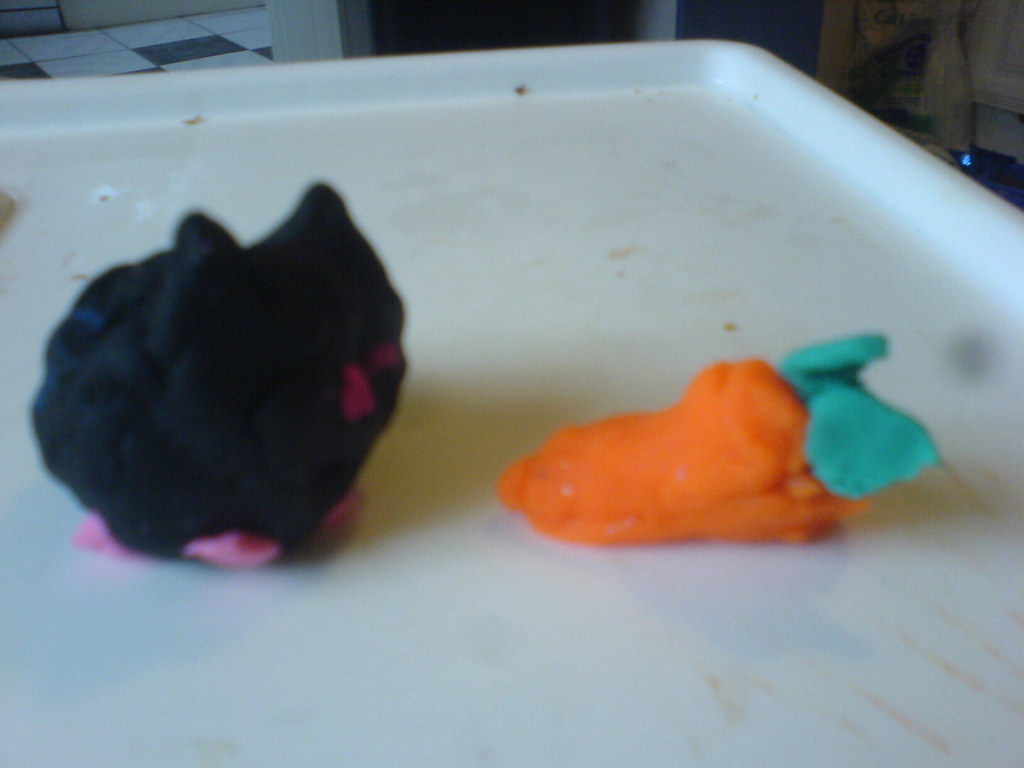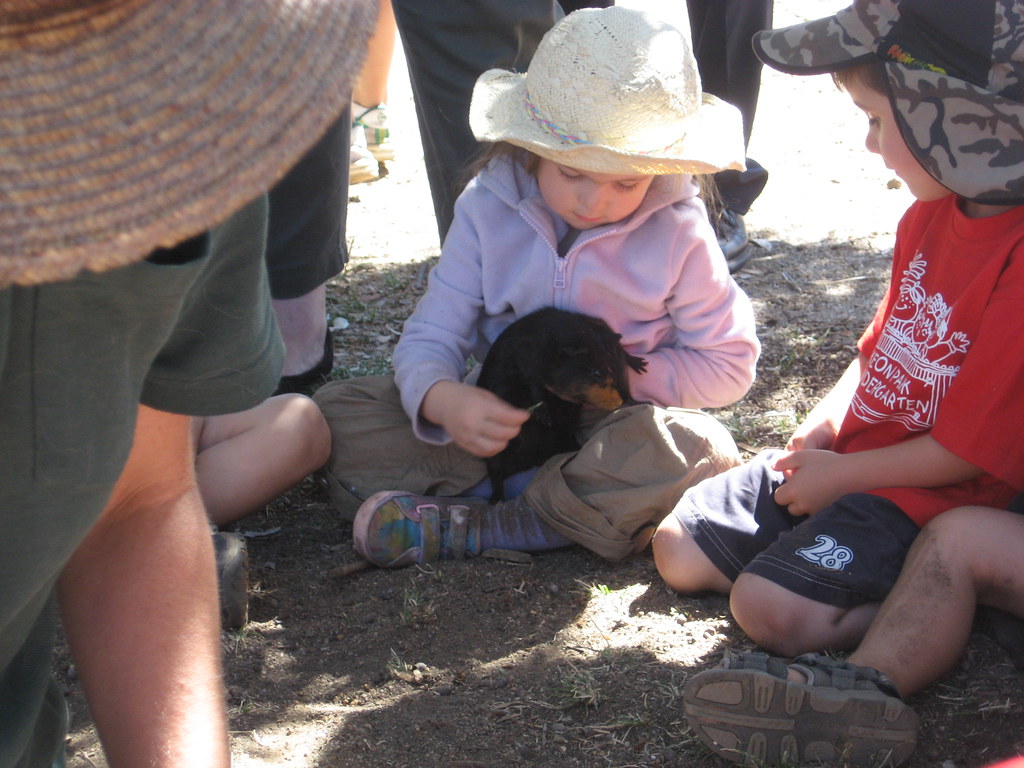Are you a proud owner of a guinea pig, and are you wondering about the suitability of basil in your furry friend’s diet? Let’s delve into the world of guinea pig nutrition and explore the benefits and potential risks associated with incorporating basil into their diet.
Understanding Guinea Pig Nutrition

Before we address the specific question about basil, it’s crucial to have a basic understanding of guinea pig nutrition. Guinea pigs are herbivores, and their diet primarily consists of hay, fresh vegetables, and a small amount of pellets. Providing a well-balanced diet is essential to ensure your pet’s overall health and well-being.
The Benefits of Basil for Guinea Pigs
Now, let’s talk about basil. Basil is a fragrant herb that many of us use in our kitchens, but can it be a healthy addition to your guinea pig’s diet? The answer is yes! Basil is rich in vitamins and minerals, including vitamin C, which is crucial for guinea pigs as they cannot produce it on their own. Additionally, the aromatic properties of basil can add a flavorful twist to your pet’s meals, making it a delightful treat.
Moderation is Key
While basil can be a nutritious addition to your guinea pig’s diet, moderation is key. Like any other food, feeding basil in excess may lead to digestive issues. It’s important to introduce new foods gradually and observe your pet’s reaction. If your guinea pig shows any signs of discomfort, it’s best to consult with a veterinarian.
Variety in the Diet
Guinea pigs thrive on a diverse diet. Introducing different vegetables and herbs, including basil, ensures that your pet receives a wide range of nutrients. However, always be mindful of the specific dietary needs of guinea pigs and avoid foods that may be harmful to them.
Conclusion
In conclusion, guinea pigs can indeed eat basil, and it can be a nutritious and flavorful addition to their diet. Remember to offer basil in moderation, alongside a well-balanced diet of hay, vegetables, and pellets. Monitoring your pet’s response to new foods is essential for their health and happiness.
FAQs
1. How often can I feed basil to my guinea pig?
Answer: While basil is a healthy treat, it should be given in moderation. A few leaves a couple of times a week is sufficient to add variety to your guinea pig’s diet.
2. Are there any types of basil that are harmful to guinea pigs?
Answer: Stick to common varieties of basil, such as sweet basil or Italian basil. Avoid exotic or flavored varieties, as they may contain substances that could be harmful to guinea pigs.
3. Can guinea pigs eat basil stems?
Answer: While the leaves are the most nutritious part, small amounts of basil stems are generally safe. However, ensure the stems are fresh and not tough or woody.
4. What are the signs that my guinea pig is not tolerating basil well?
Answer: Watch for any changes in behavior, such as lethargy, diarrhea, or a decrease in food intake. If you notice any adverse reactions, consult with a veterinarian promptly.
5. Are there alternative herbs that guinea pigs can enjoy?
Answer: Yes, parsley, cilantro, and mint are among the herbs that guinea pigs can enjoy in moderation. Always introduce new foods gradually to monitor their response.

